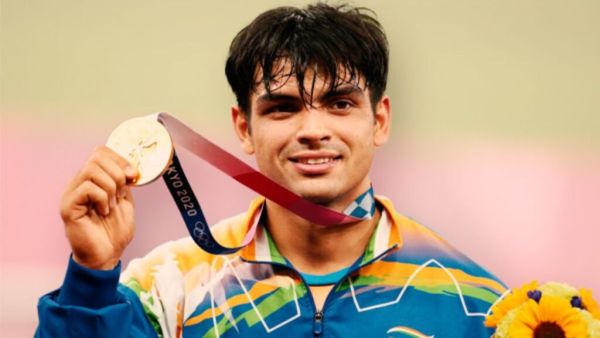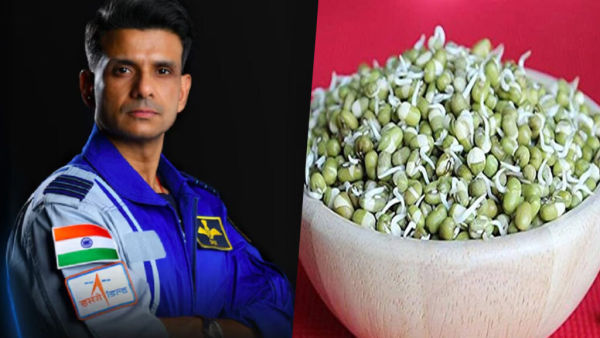
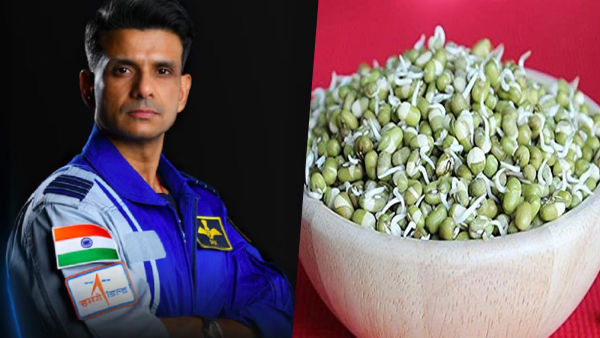
The University of Agricultural Sciences (UAS), Dharwad, and Indian Institute of Technology (IIT), Dharwad, have indeed sent seeds to the International Space Station (ISS) as part of the Axiom-4 research mission.
What was sent?
Green gram (Moong) seeds and Fenugreek (Methi) seeds
Why were they sent?
The primary goal is to study the germination and nutritional properties of these sprouting seeds under space conditions (microgravity). This research is crucial for:
◙ Developing India-centric salad vegetables for astronauts: Sprouted seeds are highly nutritious and can supplement astronauts’ diets, especially for long-duration missions. Green gram and fenugreek are traditional Indian dietary staples known for their health benefits.
◙ Addressing astronaut health concerns: Sprouted green gram and fenugreek are believed to help with immunity, bone health, kidney stone prevention, and cardiovascular issues, which are common health risks for astronauts in space.
◙ Reducing the need to carry pre-packaged food: Growing food in space can significantly cut down on the cost and logistical challenges of sending food from Earth.
◙ Understanding plant growth in space: This experiment will provide valuable data on how plants behave in microgravity, including germination rates, nutritional changes, phytohormone dynamics, and microbial growth.
Who is involved?
University of Agricultural Sciences (UAS), Dharwad: Principal Investigator Dr Ravikumar Hosamani (Assistant Professor, Department of Biotechnology).
Indian Institute of Technology (IT), Dharwad: Co-investigator Dr Sudheer Siddapureddy (Associate Professor).
ISRO astronaut Shubhanshu Shukla: He is aboard the ISS as part of the Axiom-4 mission and will be responsible for watering the seeds to initiate sprouting.
How will the experiment work?
Dry seeds of green gram and fenugreek were sent in 12 containers, each with approximately four grams of seeds.
On the ISS, Shubhanshu Shukla will add water to the seeds, which are expected to sprout within 2 to 4 days.
The sprouted seeds will then be frozen on the space station until they are returned to Earth.
Upon their return, detailed nutritional and physiological assessments will be conducted at UAS Dharwad to compare them with seeds grown on Earth under similar conditions.
-
Domestic recipe for uric acid reduction – Obnews
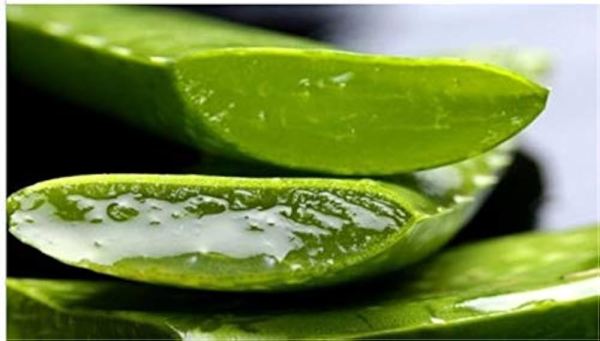
-
Rath Yatra 2025: Lakhs join Lord Jagannath’s journey amid grand rituals, chants of ‘Hari Bol’ and ‘Jai Jagannath’

-
Not only diabetes, neem leaf is wonderful in keeping health healthy
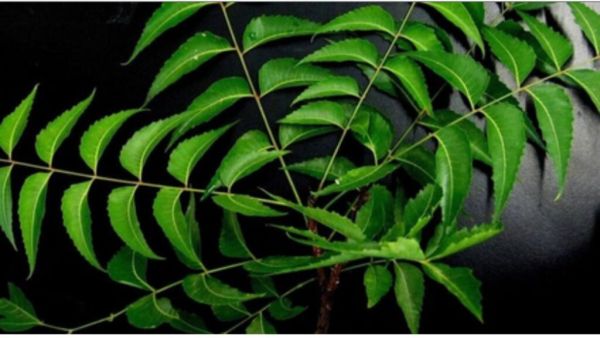
-
Rishabh Pant’s explosion in Leeds Test: became the first Indian wicketkeeper to score a century in both innings

-
It is not easy to become like Neeraj Chopra, fans asked for 2000, VVIP passed and…
